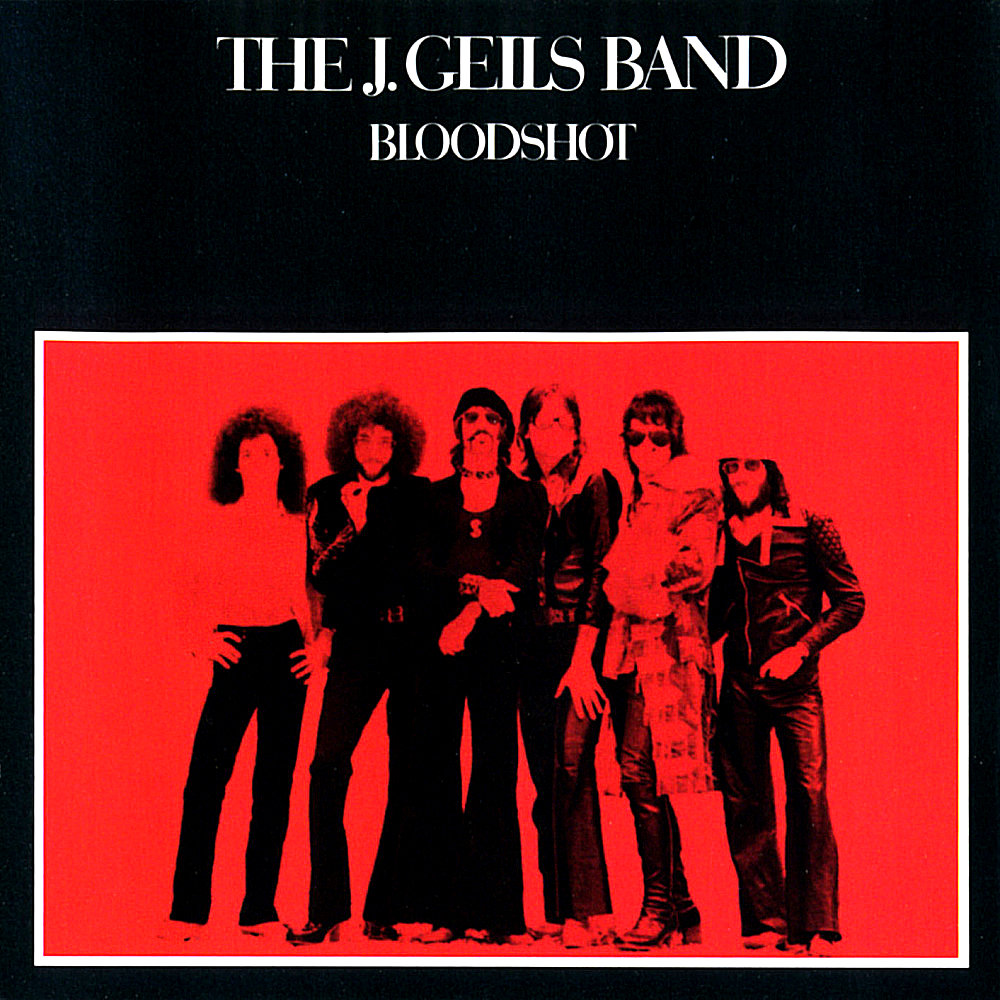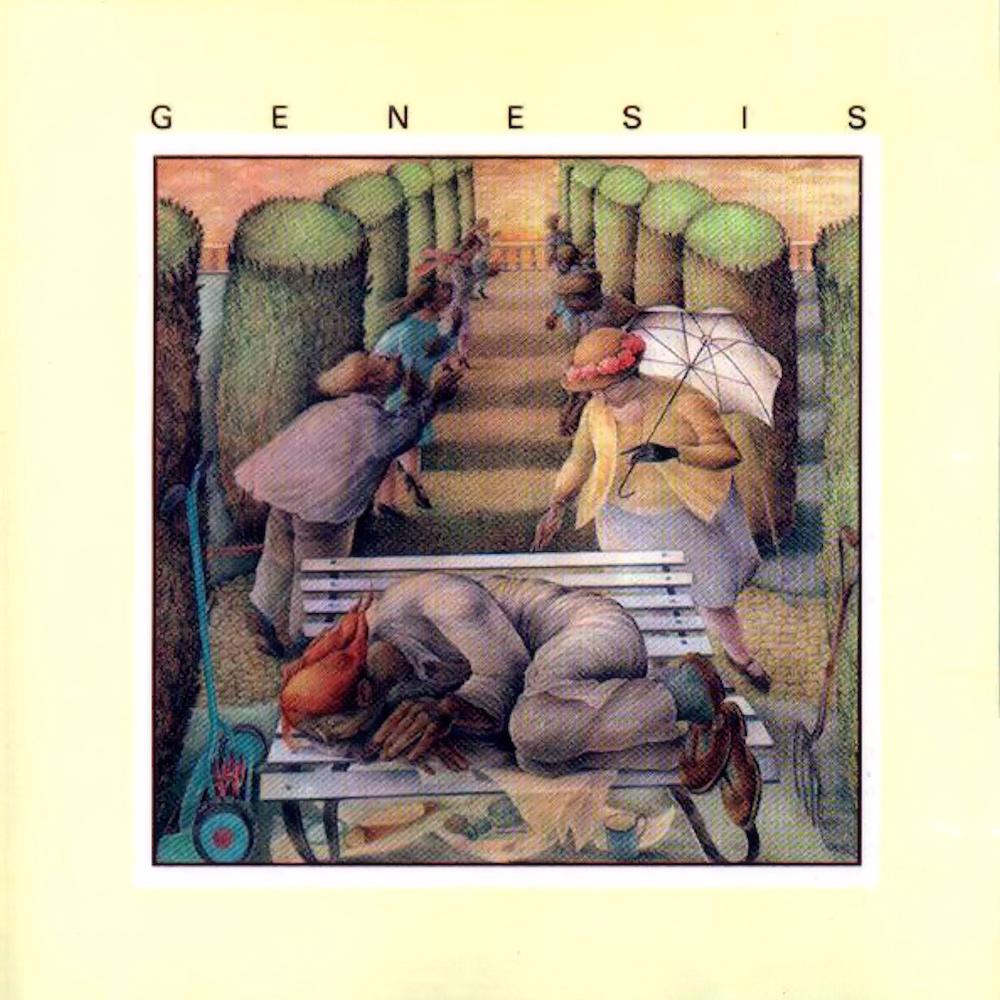
Album Information:
Album ID: 10119
The J. Geils Band - Bloodshot
Label: Atlantic
Catalog Number:
82801-2
Release Date:
April 12, 1973
1. (Ain't Nothin' But A) House Party 4:43
2. Make Up Your Mind 3:31
3. Back To Get Ya 5:22
4. Struttin' With My Baby 3:16
5. Don't Try To Hide It 2:35
6. Southside Shuffle 3:43
7. Hold Your Loving 2:30
8. Start All Over Again 4:15
9. Give It To Me 6:32


 Last Played: 12/23/24 03:33 PM
Last Played: 12/23/24 03:33 PM Last Played: 12/23/24 03:24 PM
Last Played: 12/23/24 03:24 PM